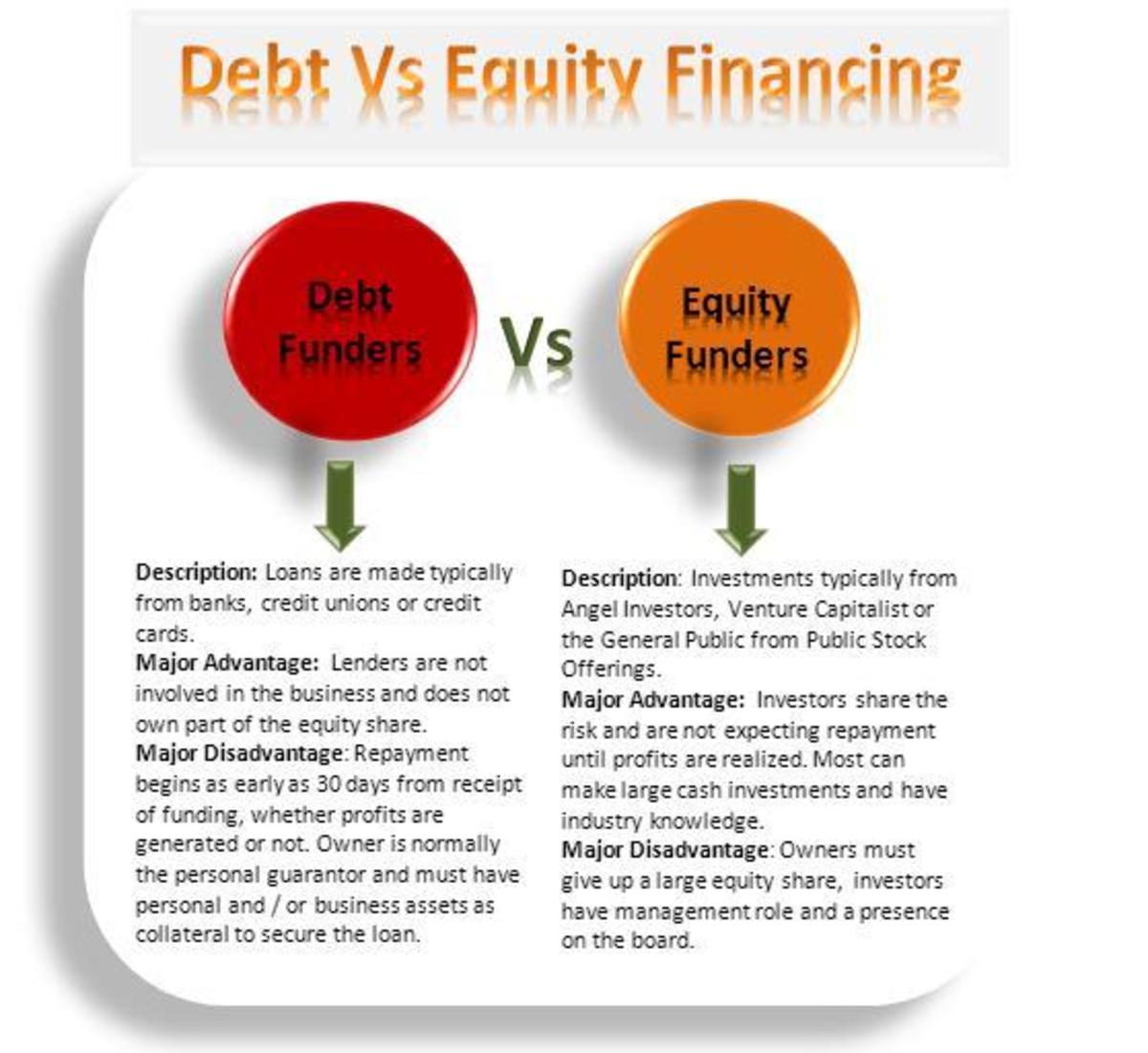How to Buy a Small Business Using Business Acquisition Financing backed by the SBA Loan Guarantee Program
Who knows how to get an SBA Loan?

SBA Loan in Acquisition of a Business - 7a
When looking at businesses you might want to buy you should always keep in mind how you are going to finance the purchase of the business. Most small businesses are purchased using bank lender financing in the form of a small business SBA loan.This post discusses the Small Business Administration (SBA) guaranteed loans that are available and what are the general requirements to qualify for an SBA loan. Keep in mind that specific banks may have slightly different requirements but the main issues will be the same across all banks. The SBA supports small business development centers throughout the U.S. which can provide information about the SBA Loan process.
What is an SBA Loan? What are the SBA guidelines for small business acquisition loans?
Commercial banks and the Small Business Administration (SBA) agree to certain ground rules whereby if the bank adheres to the SBA loan rules, guidelines and regulations and makes a loan to a borrower under those rules, then the SBA will guarantee a significant portion of the loan (up to 90% in some cases). This SBA loan guarantee program makes the loans very low risk for the banks and therefore the banks have an incentive to make these loans to small business borrowers. Not all banks participate in this program and it involves a lot of paperwork!
The banks that do participate in the SBA Loan program have the flexibility to add requirements beyong those required by the SBA whhich might make a particular bank less flexible. It pays to talk to several banks about SBA Loans and work with the bank that you are most comfortable with.
What do I need and what can I borrow?
Here is a basic formula that will get you a good idea of what’s possible when it comes to getting a bank to provide an SBA loan to finance the acquisition of a business.
Assumptions: You purchase an on-going, operating business that meets the requirements and criteria below. For this example, it assumes the business is in a leased space and you plan to take over the existing facility lease and keep the business in its current location. If you are buying a business which includes the purchase of real estate there are some differences. Generally a down payment on the real estate portion can be as low as 10 -15% and a longer amortization – as long as 20 years.
Typical Loan Structure for Purchase of an Operating Business:
Loan Term - 10 years
Interest Rate - Prime Rate +2.75% adjusted quarterly (currently this would mean a 6% interest rate)
Here’s the formula 20%/70%/10%
20% - Unencumbered cash required from the buyer should equal approximately 20% of the total purchase price of the business. Unencumbered means pure equity… which means you can’t borrow this amount. However, if you’re lucky enough, a significant portion of this can be a gift, if you have friends and relatives willing to do that. Do not try to disguise loans as gifts. Committing bank fraud is no way to start a business.
Here's the good news, you can use your IRA or 401k Plan funds tax free and without any early withdrawal penalties to generate your equity. The rules for this are complicated and you will need to work with professionals who specialize in this area of very complex tax law. But the decision to use your retirement funds is easier. Would you rather use your retirement funds to bet on your self or would you prefer to leave your retirement funds in the hands of Wall Street?
70% - The SBA backed loan would equal 70% of the total purchase price. Again this is usually a 10 year loan at an interest rate of Prime Rate plus 2 3/4% adjusted quarterly.
10% - The bank will likely ask the seller to finance 10% of the purchase price. The theory is this 10% note is an incentive to the seller to help the buyer succeed. While in some cases this may help, the real reason the bank does it is to reduce the banks risk. This 10% seller note will be subordinated debt to the bank which means the seller will have little recourse against the assets of the business if the loan is not repaid by the borrower. It is important that a seller have confidence in your ability to run the business successfully so that you can pay the seller note according to the terms.
The above breaks down the source of money for a purchase. Now let’s look at the qualitative requirements so that a bank will actually lend you 70% of the purchase price.
You have found a business you want to buy, now what?
Getting an SBA loan from a bank to acquire an operating business has its own special rules and requirements. There are 3 primary elements of the qualification process - the borrower, the business and the financial elements. Let’s take them one at a time although as you will see there is some overlap.
If you found your business to buy through a Business Broker you will find most business brokers have good information on what SBA Loan Banks have an interest in making a financing loan to assist with buying the business.
SBA Introduction Video
Success Key - A Professional Business Plan
The Business I Buy
The Business
A bank will look at a business to try to determine the risks in the business that could affect the borrower’s ability to pay the loan back. As a buyer these risks affect you the same way, so in this respect the borrower and the bank are on the same side of the issue. Here are some, but not all, common red flags:
Customer concentration – there are many businesses that have 1 customer doing 50-75% of the total revenue for the business. What happens if this customer leaves? 75% of the business goes with it. When looking at businesses to buy remember this - less customer concentration is better unless there are some long term, ironclad, contracts
Vendor Concentration- A business may have a great deal from a vendor but if the business loses the vendor the buyer would need to pay more for the product and their profits would be harmed.
Regulatory Issues- Are there new laws, regulations or licenses coming into play that will require the business to significantly change their operations? How will those changes affect their profits and cash flow? For example - Back in the 90s nearly all dry cleaners used a chemical that was basically outlawed. The dry cleaning businesses had to invest significant money to change their business. For a couple of years you couldn’t give away a dry cleaner , many of them were losing money due to the cost of the conversion and with the uncertainty of the effect on profits, it was nearly impossible to sell a dry cleaner.
Location Issues – Let’s say you own a great business on the corner of the busiest intersection in town. Things have been great for 10 years. But what if the state decides to widen the road and condemns your building?
Financial Issues
Assuming the business passes all the operational reviews it’s time to look at the businesses financials.
Cash flow and profits – The bank (and I’m sure the borrower) wants to be certain that the business can pay the debt incurred to buy the business. And in addition to being able to pay the debt the bank wants enough free cash flow to pay the debt with room to spare! The banks room to spare is officially called the “Coverage Ratio”. The coverage ratio is best described in simple terms. If a banks coverage ratio is 30% it means that for every $100 of debt payments required the business needs to have $130 to pay it. Another way to look at it is 30% can go wrong and the business can still pay the debt.
What are the “real” earnings and cash flow of the business?
The smaller the business the less likely it is that you will find what would appear to be well-kept financial records for the business. I emphasize the word appear. The simple fact is small business owners are, for the most part very, very tax averse. If they can manage their affairs to minimize their tax burden they will do so. By the way this is no different from large corporations. Business tax returns seems to bare little resemblance to their profit and loss statements. Don’t be surprised to see small businesses with owners living really well but the business tax returns show the business barely breaking even or even losing money.
There is a process that you can go thru with the business owner (or Business Broker if one is involved) that can identify the true earnings and cash flow of the business. If you use experienced advisors and you can’t get to the numbers that make sense you just need to move on. There are lots of businesses whose financials will stand up to due diligence.
Determining the real earnings of the business is key to determining if the business will generate the free cash flow needed to pay back the bank loan.
What is the value of the business and will the bank make a determination as to the business value?
Since the banks and the SBA have an interest in getting the loan re-paid they have an interest in making sure that the buyer is paying a fair and reasonable price for the business. Most SBA lenders will, as part of the loan packaging process, require that an independent Business Appraisal (often called a business valuation) is completed on the business. The bank normally picks the valuation firm and the buyer pays for the valuation. This valuation is part of the banks risk mitigation system. The basic idea is that even if the buyer and seller agree to a price and the cash flow debt service work… the deal still has to pass the fair market value hurdle.
Business Plan for Success - As part of the business loan application process the buyer/borrower will need to produce a business plan. Here’s a piece of advice you may find to be very valuable. Before you start looking for a business to buy you should invest in good business plan software. Start building this business plan before you get serious about a search. That way when you do find an interesting business you just plug in their specific numbers and you’ll have a very quick answer on many critical questions including cash flow available for debt service, working capital required for the business and capital expenditures effect on cash flow.
Don't be deterred by a little cloudy weather!

Borrower Guidelines
Credit History – As you might imagine, when you are borrowing money a good credit score is important. If your credit score is below 680 it will be very difficult to get an SBA backed loan even if all the other requirements are met.
Other financial obligations and resources – The buyer can’t have a heavy personal debt burden that will require the business cash flow to pay. Similar to a home mortgage loan the bank will look at the buyer’s overall financial situation, not just the cash flow of the business. Often this is where the Coverage Ration becomes an issue.
Personal History – We often see items in buyer’s personal history that cause problems in the loan approval process. There are little problems and big problems, Some can be worked around, some can’t. Example- we once had a buyer in his early 30’s. On his record he had pleaded no contest in a bar fight incident 12 years earlier while in college. That held up his loan process for months.
For certain you need to make sure you don’t have problems with student loan repayments, child support or alimony.
Applicable Skills
This is often the most important element in a successful business acquisition loan process.
The banks and SBA want to have a borrower who has some skill or experience that can be applied to the business immediately. An example is if your only experience is as a high school history teacher it is very unlikely that you could get approved to purchase an industrial machine shop. However, you might well get approved to purchase a vocational training school.
A buyer should search their personal history so that they can identify all of their experiences and possible skills applicable to the business the wish to purchase.
SBA Loan Assistance
Summary
You may be able to buy a business on favorable terms using a small business bank loan backed by the SBA. The requirements are lengthy and complicated but there is a great deal of help available to guide you through the process. The truth is a commercial bank would be very, very unlikely to loan money to small business buyers without the SBA guarantee loan program.
There are many, many very good businesses available to purchase which might fit your personal goals.
A Great Resource
There are 60+ SBA Small Business Development Centers across the U.S., many associated with colleges and universities. Here is a Directory of Small Business Development Centers.










